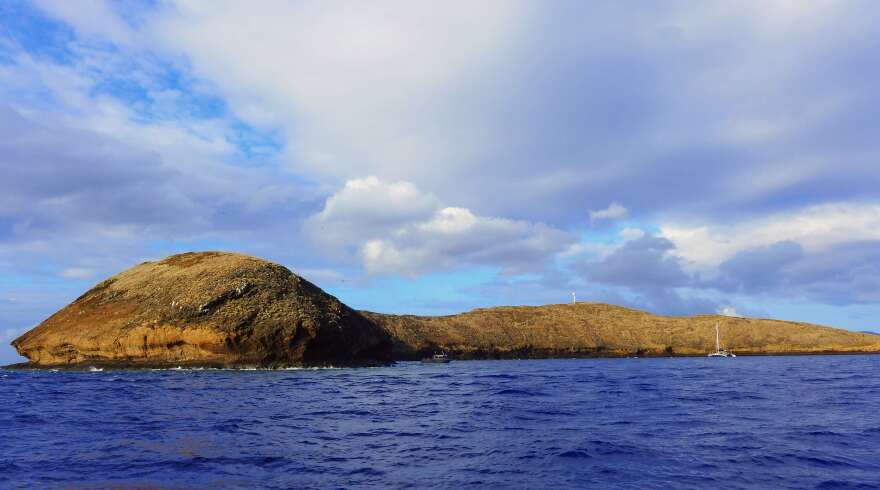WAILUKU, Hawaii — Hawaii plans to leave undetonated World War II ordnance in place off Maui until a nonexplosive removal option is developed.
The state Department of Land and Natural Resources announced Wednesday that the decades-old explosives will remain untouched for now in the Molokini Marine Life Conservation District, The Maui News reported.
The Department of Defense Explosives Safety Board recommended against detonating the munitions in place following a state request for an assessment.
Community members, environmentalists and lawmakers expressed fears of irreversible damage to coral reefs and ocean life in the Molokini Crater.
The military used the crater for bombing practice when the U.S. entered WWII. Detonations in place have previously been conducted to remove dangerous munitions from the popular snorkeling site.
Land and Natural Resources Chairwoman Suzanne Case said the location and ocean depth of the ordnance convinced officials to forego detonation.
The department instead recommends “the 3 R’s of UXO (unexploded ordnance) safety,” which are recognize, retreat and report underwater explosives to emergency officials and the state Health Department Hazard Evaluation and Emergency Response office, Case said.
State Division of Aquatic Resources Administrator Brian Neilson said officials are confident commercial dive and snorkel operators who take customers to the conservation district have a vested interest in safety and the vitality of aquatic resources.
The state continues to work with the Army Corps of Engineers to pursue a nondestructive method to remove the ordnance.
"The leave-in-place option provides time to explore new technology and options,” the land and natural resources department said in a statement.
Democratic U.S. Sen. Brian Schatz, who has worked to secure funding to clean up former defense sites, said the decision was “the right call for our community and for our marine environment.”




